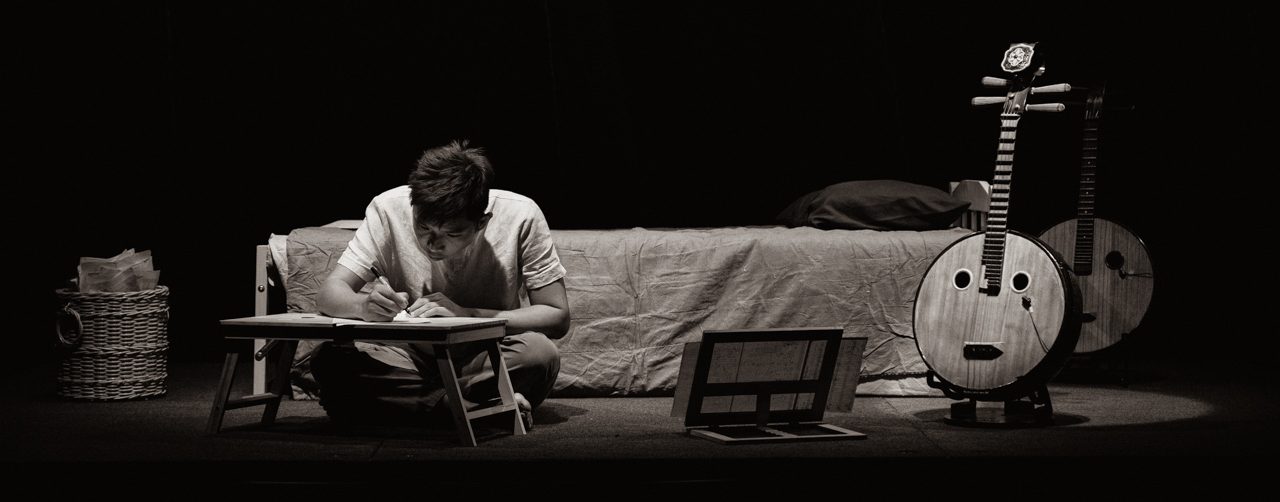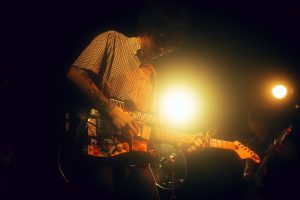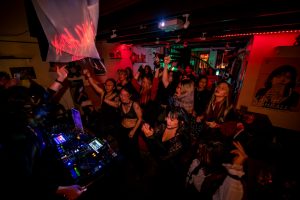But how much of it is reality and how much of it is empty boasting?
If we take recent events as a barometer, it seems that our talk is mostly hot air. Just think of the e-pay brownface fiasco, the subsequent Preetipls video, the influencer who complained about two Sikh men’s turbans blocking her view at a concert, the artist who hurled vile slurs in an Instagram story at two Indian ladies … I could go on, but you get the idea—and man, it’s depressing enough listing these episodes.
In other words, our multiracialism and multiculturalism seem characterised more by ignorance and tolerance—or even intolerance—than harmony and understanding.
Clearly, to foster genuine interracial relations, we need more than talks, initiatives like “harmony games”, and festivals. But what else can we do?
Neil Chua, 38, and Artistic Director and Founder of RuanAtWorkz Musical Arts, has a radical proposal: he wants to forgo everyday conversation. In its place, Neil thinks a new type of collaborative, non-hierarchical dialogue would serve better to heal our fractured society.
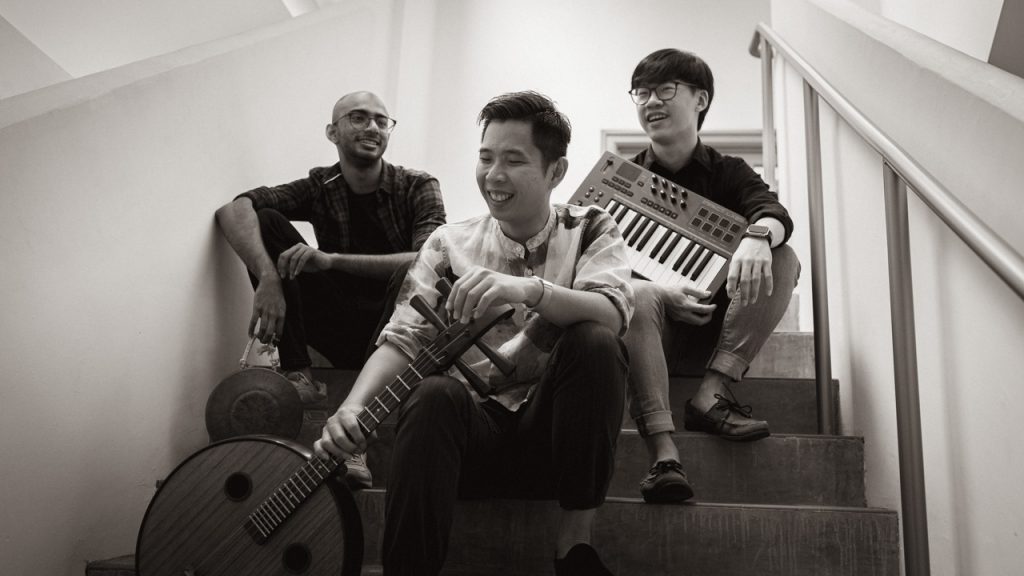
Clearly, Night Walker is a multicultural work. That in itself is important: despite all our claims of societal integration, we are still stuck in our respective racial bubbles, rarely venturing out to experience something different.
“Chinese people don’t usually watch Indian dances. Indian people don’t go to Chinese orchestra shows,” Neil points out. (Ouch. Guilty as charged.)
Night Walker attempts to remedy this deficiency by “showing how [different cultural forms can] assimilate and integrate with each other—and not just tolerate each other”.
Admittedly, none of that is anything new. It’s the ethos underpinning all multicultural works—of which Singapore does not lack.
But Night Walker differs by telling us something without saying anything at all. It’s a theatrical work with no dialogue—no one in the show speaks a word to each other.
The team—Neil, Bala Saravanan Loganathan, the 23-year-old Bharatanatyam dancer, and Aw Wei Zheng, who, at 27, is their sound designer—believes that such an approach is, paradoxically, more effective in fostering interracial relations than all the words you can say to one another.
As Bala says, “Words are not the most important thing for a conversation. The most important thing is the two parties can understand each other.”
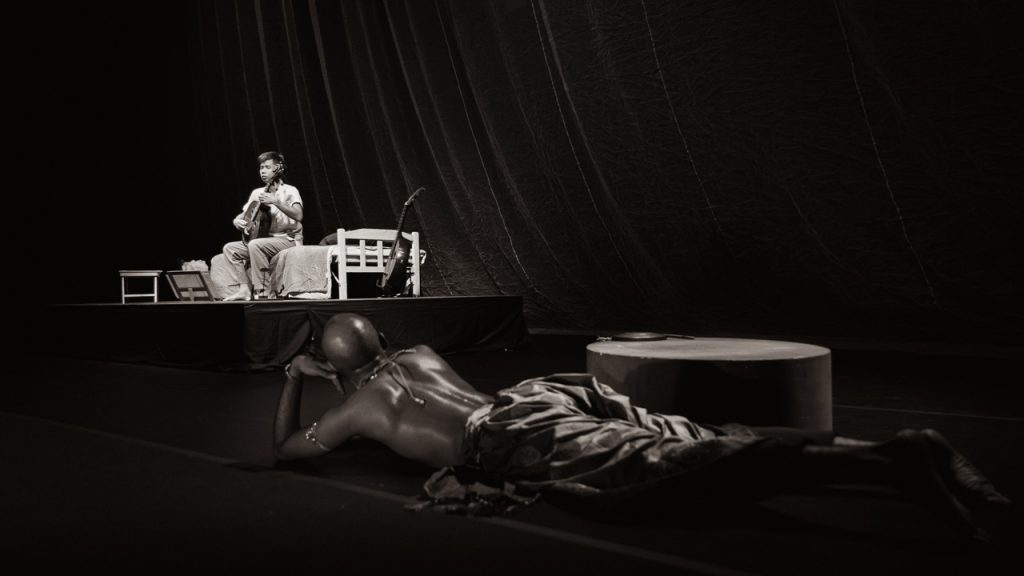
Worse, the point of our questions can get questioned, or requests for information sidestepped. In Singapore, dialogues become monologues.
This is why Neil, Bala, and Wei Zheng have intentionally avoided incorporating verbal dialogue into Night Walker. As the Preetipls video illustrates, even when the sentiment behind an expression is legitimate (in this case, outrage over the offensiveness of brownface and what we, as a society, can do better), the tone or choice of words might inadvertently incite the very thing—i.e., racial insensitivity—it was calling out.
Dialogue, when not properly done, can be claustrophobic and ironically close off avenues for communication.
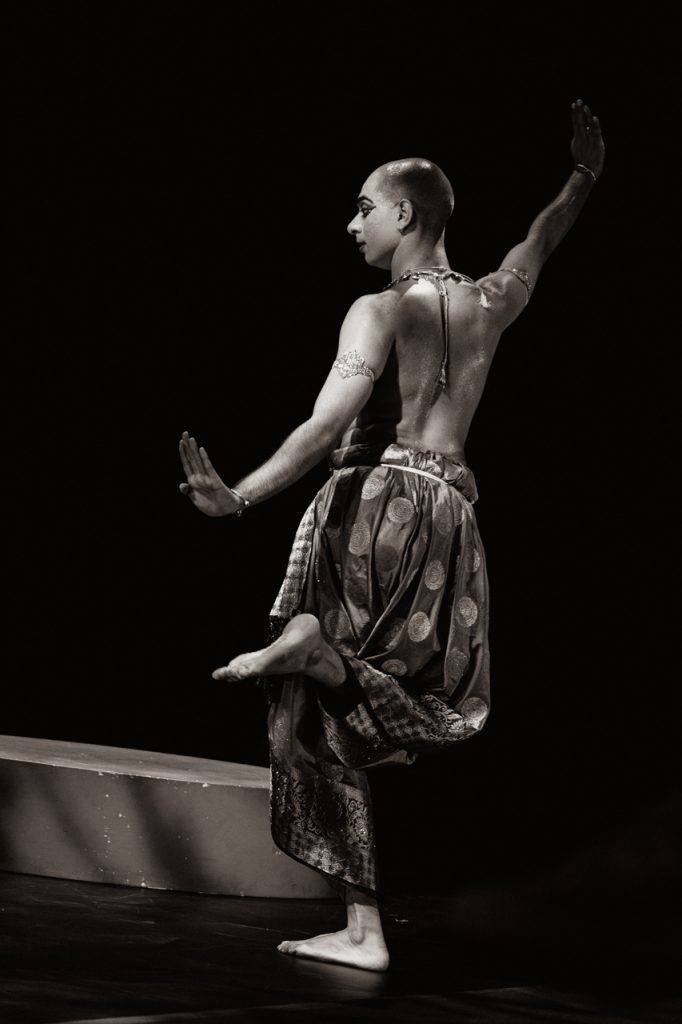
All three of them stress that there is still dialogue in the show—just that the dialogue is not verbal.
“The dialogue is between the music and the movement,” Bala explains.
He means it literally: each night, Neil and Bala will be responding to each other’s music and movement on the spot, so no two performances of Night Walker will be the same.
But can two such different artforms really integrate so organically and spontaneously? Is this a symptom of the utopian pipe dream of racial harmony to which Singapore is in thrall?
I am immediately corrected by Neil. “Indian dance and Chinese music mesh well together,” he says. “Rhythm plays a fundamental role in both Chinese music and traditional Indian dance.”
Neil then launches into a mini-lecture about rhythm cycles (of 3, 5, 7 …) in Chinese music and Indian dance, completely losing me because the only time I listen to classical music is when movies use it to announce something dramatic is going to happen.
What I do understand is that Night Walker borrows heavily from different cultures even as it innovates on them. This, too, is a form of dialogue.
As Bala says, “Even though I’m taking a few things from your culture, I’m also embracing it as part of mine. It’s about relying on each other’s strengths and abilities.”
“I think that’s very important. You have to take from each other’s cultures. You have to move society together as one.”
And in Bala’s dance and Neil’s music, Night Walker literally embodies this in-tandem movement of society.
“You can see there’s something happening between these two characters,” Bala concludes.
“They’re communicating without realising it. That’s the idea of a dialogue.”
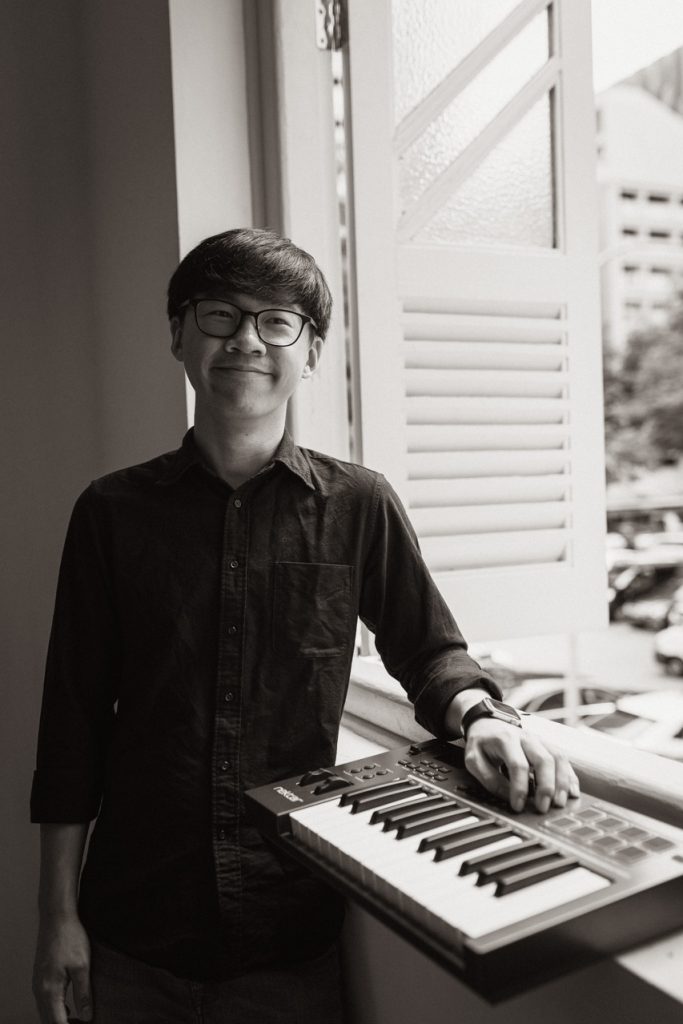
Aside from the lack of verbal dialogue, Night Walker demolishes the traditional boundary between performance and audience in another way—to avoid spoiling the experience, I won’t say how, but it really thrust the play into my face.
This staging decision, in combination with the absence of words in the play, “gives the audience a lot of freedom to interpret the action”, Neil says. Without any grand narrative voice and everyday dialogue, audiences are compelled to fill in the background with their personal experiences.
And it is only when we have the space to draw from our own life and form our own thoughts—instead of being told what to feel or think from a didactic source—when a genuine dialogue happens, and real connections can be forged.
If not genuine connections, then at least genuine questions. The team is aware that some of the more technical aspects of the show—like the symbolism of the hand gestures in Bharatanatyam or the classical compositions of the Ruan—will be lost on people unfamiliar with either (or both) cultures.
But having questions is also a dialogue, and one of the best ways to combat ignorance and intolerance. “It shows that people want to understand. Which I think is important in today’s context,” Bala says.
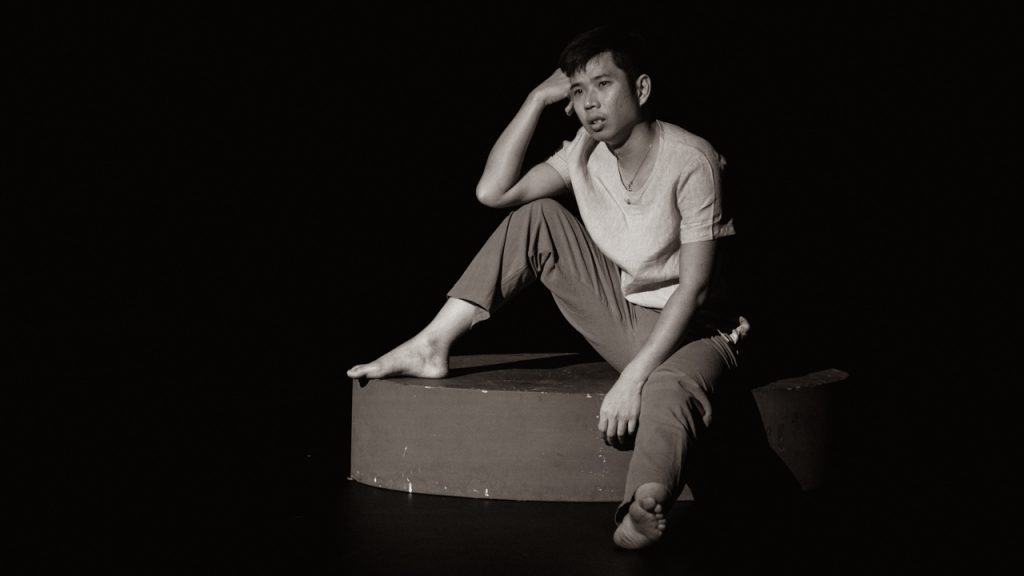
My sense is yes, but I hesitate to make any far-reaching statement. All I know is that the racist episodes by which Singapore has been gripped clearly show that talking is not enough. In fact, talking can be more incendiary than instructive.
The best dialogue, then, is one that we carry out rather than say. In the words of Bala: “Dialogue is not verbal. It is something that has to be experienced.”
And yes, I’m aware of the irony here if I end my article with words. But anyway I’ll be watching Night Walker for that full-fledged multicultural experience, so I think I can be pardoned.
Night Walker runs from 2 April to 5 April. Click here to buy your tickets.
Update (19/3/20): Night Walker will now run in June 2021 in light of the evolving health situation caused by Covid-19.

